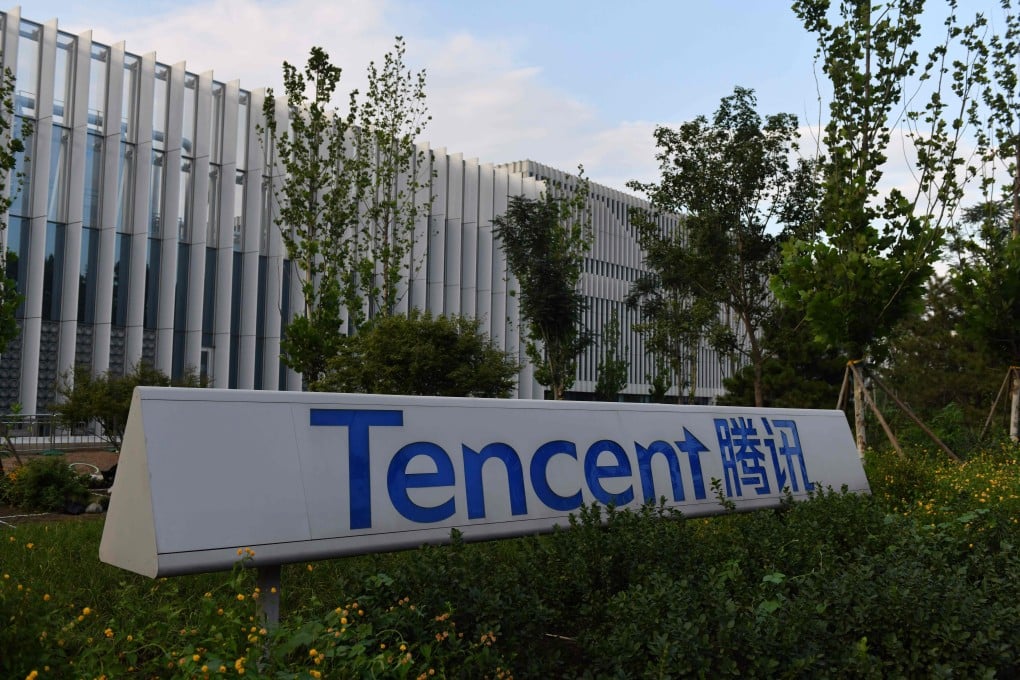China’s antitrust regulator fines Big Tech firms, including Tencent and Baidu, for failing to report acquisitions
- The fines are a latest indication that Beijing is serious about reining in malpractice among China’s fast-growing internet giants
- While the latest investigation is broader, involving 10 cases, analysts do not think it will have a substantial impact on the businesses

China’s antitrust regulator has fined some of the country’s largest technology companies for failing to disclose to the government their acquisitions of smaller competitors or establishment of joint ventures, stepping up its enforcement against what it called monopolistic corporate behaviour to protect consumer interests.
Social media giant Tencent Holdings, a subsidiary of e-commerce giant Alibaba Group Holding, search engine giant Baidu, ride-hailing service giant Didi Chuxing, an affiliate of e-commerce platform JD.com, an investment company controlled by local service provider Meituan, and a company backed by TikTok owner ByteDance were among 12 businesses that were fined 500,000 yuan (US$76,457) each for a breach of China’s anti-monopoly law, the State Administration for Market Regulation (SAMR) said in a statement on Friday.
(Alibaba owns the South China Morning Post.)
The fines are a latest indication that Beijing is serious about reining in malpractice among China’s fast-growing internet giants. Tightening antitrust regulations leads the 2021 agenda for China’s top regulator, the head of the agency said in January. The State Council Antitrust Committee also issued the final version of anti-monopoly guidelines last month, creating an important tool for Beijing to crack down on monopolistic practices.
Even though the fines were small given the size of the companies, the amount is the highest stipulated by the law, sending a signal that enforcement against internet monopolies is strengthening.
Under China’s Anti-Monopoly Law there are three main categories: monopoly agreements reached between business operators; abuse of dominant market position by businesses; and concentration of business players that may have the effect of eliminating or restricting competition, mainly brought about by M&A deals.